Search
Search Results
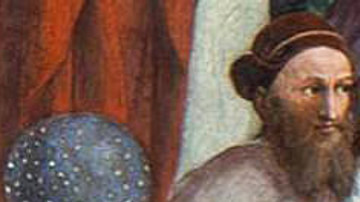
Definition
Hipparchus of Nicea
Hipparchus of Nicea (l. c. 190 - c. 120 BCE) was a Greek astronomer, geographer, and mathematician regarded as the greatest astronomer of antiquity and one of the greatest of all time. He is best known for his discovery of the precession...
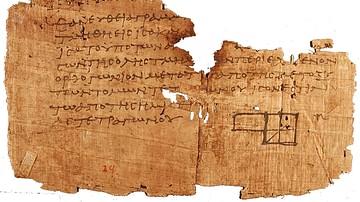
Definition
Ancient Greek Science
Ancient Greek science is a modern term for the application of systematic inquiry into the individual, the world, and the universe, which began in Ionia in the 6th century BCE with Thales of Miletus (l. c. 585 BCE) and continued through the...
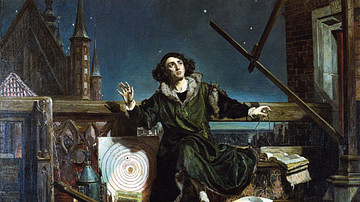
Definition
Nicolaus Copernicus
Nicolaus Copernicus (1473-1543 CE) was a Polish astronomer who famously proposed that the Earth and other planets revolved around the Sun in a heliocentric system and not, as then widely thought, in a geocentric system where the Earth is...

Definition
Claudius Ptolemy
Claudius Ptolemy (c. 100 to c. 170 CE) was an Alexandrian mathematician, astronomer, and geographer. His works survived antiquity and the Middle Ages intact, and his theories, particularly on a geocentric model of the universe with planets...

Definition
Hellenistic Astrology
Hellenistic astrology encompassed various forms of divination in Greece and the Mediterranean, all linked to the observation of astronomical phenomena. Hellenistic astrology was based on the belief that the stars and planets could either...
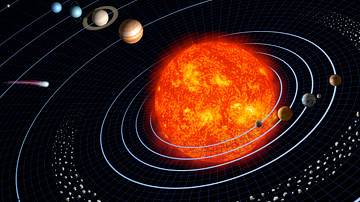
Definition
Menelaus of Alexandria
Menelaus of Alexandria was a Greek astronomer, scientist, and mathematician who lived around 100 CE. Menelaus made a significant and lasting contribution to the fields of astronomy, geometry, and trigonometry. His major work, the Spherics...
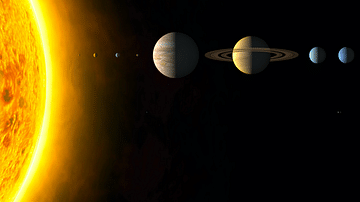
Article
Astronomy in the Scientific Revolution
The astronomers of the Scientific Revolution rejected long-held theories of ancient thinkers like Claudius Ptolemy and Aristotle and instead set out to systematically observe the heavens in order to create a model of the universe that fit...
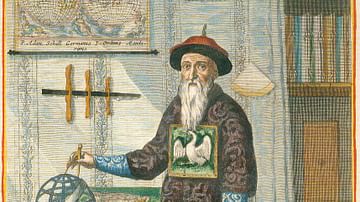
Article
Jesuit Influence on Post-medieval Chinese Astronomy
Ancient China had seen little Western contact before the 16th century CE, the language, culture and science all being allowed to develop independently of foreign influence. By the time European Jesuit missionaries arrived in the 16th century...